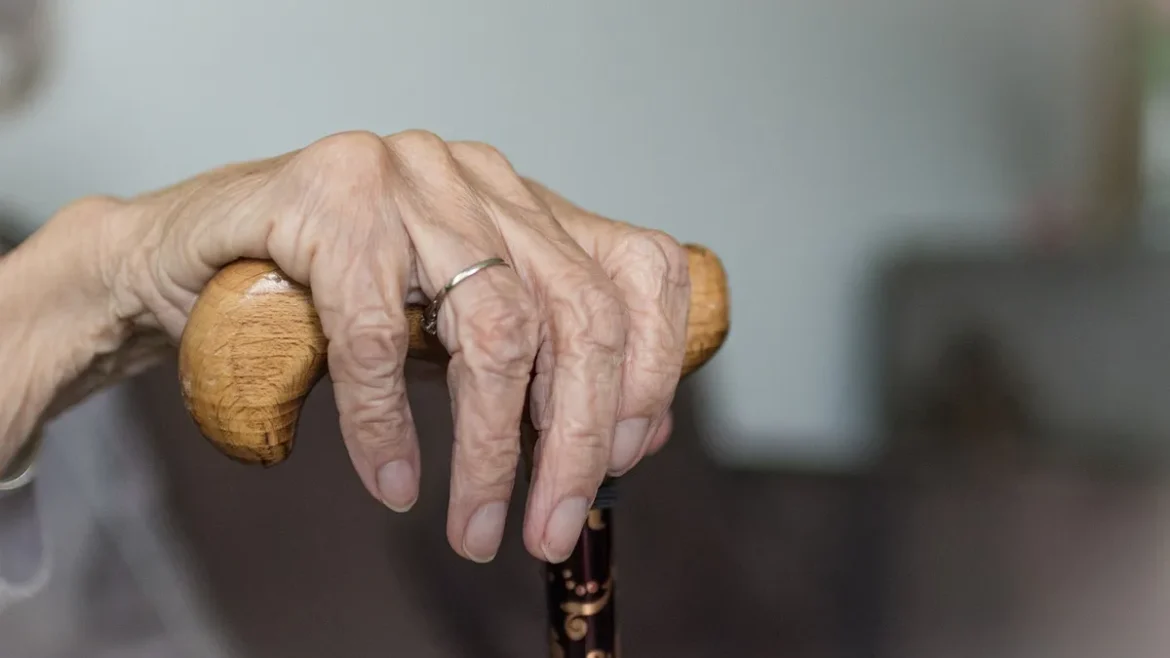Chandigarh/New Delhi, Aug 2: Nearly 70 per cent of India’s elderly population remains financially dependent, with many continuing to work after retirement just to survive, according to a new report released by the Sankala Foundation in partnership with NITI Aayog, the Ministry of Social Justice and Empowerment, and the National Human Rights Commission. Titled “Ageing in India: Challenges and Opportunities,” the study draws data from the Longitudinal Ageing Study in India (LASI) and offers a detailed account of the vulnerabilities confronting the country’s ageing citizens.
While India’s life expectancy has improved, the report underscores that longevity has come with deepening economic and health insecurities. “The elderly are not just living longer; they are living with greater insecurity,” it observed. One of the most stark findings was that 6.4 per cent of elderly respondents reported reducing their meal sizes, 5.6 per cent went hungry without eating, and 4.2 per cent did not eat at all for an entire day at least once in the past year. These figures reflect a troubling level of food insecurity among the older population.
Geographical disparities were also evident. Odisha and Uttar Pradesh showed the highest percentage of underweight elderly at 37.1 per cent and 36.6 per cent, respectively. Among Union Territories, Dadra and Nagar Haveli reported an alarming 40.1 per cent underweight rate. In contrast, obesity was most common in Punjab at 28 per cent and in Chandigarh at 21.5 per cent.
Non-communicable diseases are widespread among the elderly, with cardiovascular ailments affecting 35.6 per cent of the population aged 60 and above, followed by hypertension at 32 per cent and diabetes at 13.2 per cent. Goa and Kerala showed the highest prevalence of cardiovascular conditions, at 60 per cent and 57 per cent respectively. Kerala also led in diabetes cases among the elderly, with 35 per cent affected, followed by Puducherry at 28 per cent and Delhi at 26 per cent. Bone and joint disorders affect 19 per cent of India’s senior citizens, with Telangana reporting the highest prevalence at 33 per cent. Arthritis was especially common in Jammu and Kashmir, where 22 per cent of the elderly reported suffering from it, alongside widespread occurrence across southern states.
Mental health is another area of concern. The study found that 30 per cent of older Indians experience depressive symptoms, and 8 per cent exhibit signs of probable major depression. A gap of 10 percentage points between self-reported symptoms and those identified through clinical screening indicates possible underdiagnosis. The emotional toll is heavier on elderly women, particularly widows and those facing neglect or financial hardship.
The breakdown of joint family structures has further contributed to a growing sense of social isolation. The report stated that 18.7 per cent of elderly women and 5.1 per cent of elderly men now live alone. “The emotional toll of isolation and neglect is profound,” the report stated. While Kerala reported the highest smartphone penetration among the elderly, with 65 per cent using the devices, this digital access has not translated into reduced isolation or discrimination.
Age-based bias remains prevalent. In Delhi, 12.9 per cent of elderly respondents reported facing at least one form of discrimination, while 12.3 per cent experienced two or more. One in ten said their age was the primary reason they were treated unfairly. Rural residents and poorer seniors appeared especially vulnerable to such biases.
Kerala has the largest proportion of elderly residents in the country, with 16.5 per cent of its population aged 60 and above. It is followed by Tamil Nadu at 13.6 per cent, Himachal Pradesh at 13.1 per cent, and Punjab at 12.6 per cent, according to 2021 data. States with the lowest proportions of elderly residents include Bihar (7.7 per cent), Uttar Pradesh (8.1 per cent), and Assam (8.2 per cent).
The report acknowledged policy efforts such as the inclusion of all citizens above the age of 70 under the Ayushman Bharat health insurance scheme. However, it stressed the need for greater inter-ministerial coordination, more investment in home-based care, and the development of age-friendly infrastructure. It also recommended nationwide campaigns to challenge age-based discrimination and promote the social inclusion of older adults. “Older adults must not be treated as burdens,” the report said. “With the right support, they can continue to contribute meaningfully to society.”

